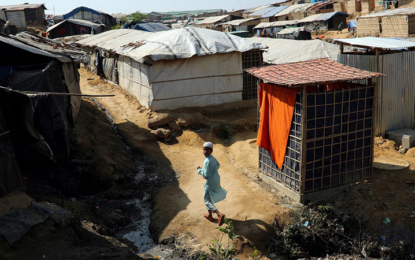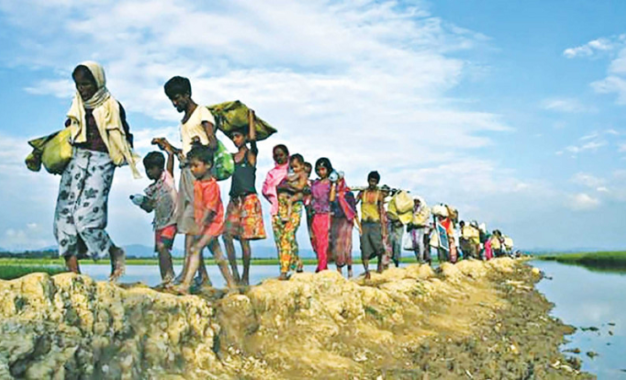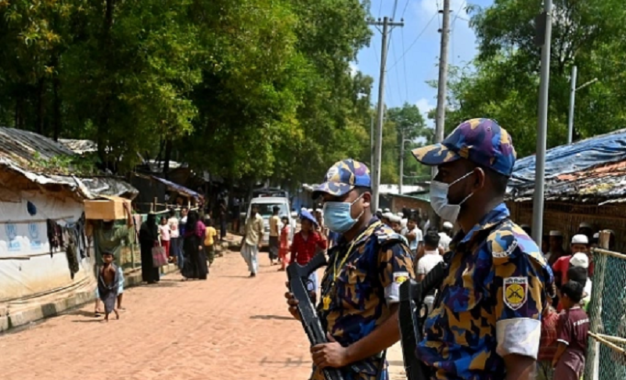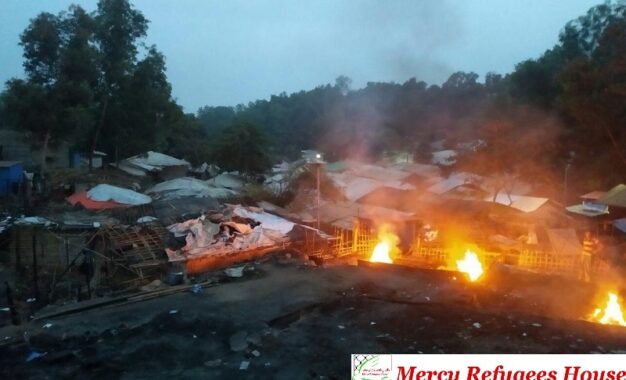Latest News
Supreme Court to hear in January pleas against Centre’s decision to deport Rohingya immigrants to Myanmar
Help Refugees, Human Rights, Refugees Issues, Religious Rights

The Supreme Court Friday deferred to January next year the hearing on pleas seeking to restrain the Centre from deporting over 40,000 Rohingya immigrants back to Myanmar.
The Rohingya people, who fled to India after violence in the state of Rakhine in Myanmar, are settled in Jammu, Hyderabad, Haryana, Uttar Pradesh, Delhi-NCR and Rajasthan.
“Let the matter be listed for final disposal in the month of January, 2019,” a bench comprising Chief Justice Ranjan Gogoi and Justice S K Kaul said.
To donate and contribute to Rohingya refugees and Rohingya students, please go to www.allmercy.org
The bench was hearing three PILs filed by two Rohingya immigrants — Mohammad Salimullah and Mohammad Shaqir — and Zaffar Ullah and Harsh Mander on the issue.
They have challenged the government’s decision to deport the Rohingya immigrants back to Myanmar and condemned the pitiable conditions at the camps for them here.
Earlier, the apex court had cleared the hurdles, leading to the first ever deportation of seven illegally-migrated Rohingya people staying in Assam to Myanmar by dismissing the plea that had sought to thwart the government’s move.
ALSO SEE- Rohingya refugees say they would choose death over repatriation to Myanmar
The top court had said those Rohingya people were convicted by the competent court under the Foreigners Act and held to be illegal immigrants.
Prior to this, it had appointed the area sub-divisional magistrates (SDMs) concerned as nodal officers, who could be approached by the Rohingya immigrants living at Kalindi Kunj in Delhi and Mewat in Haryana with grievances related to healthcare, water, sanitation and education.
Amazon Sponsorship
Recent Posts
Jul 29, 2023
It has been close to six years since hundreds of thousands of Rohingya faced a deadly genocide by Myanmar’s military and fled the country in search of protection and refuge in neighbouring Bangladesh. The Rohingya population has been undergoing persecution, discrimination, arbitrary arrests, and atrocities in Myanmar for over seven decades. Their condition is alarmingly […]


















